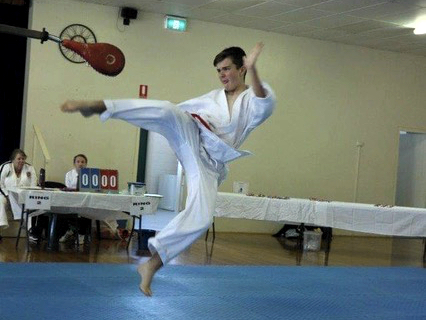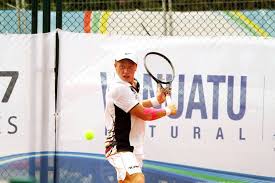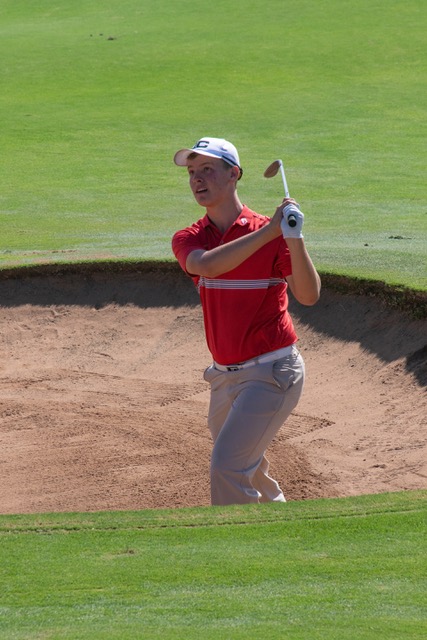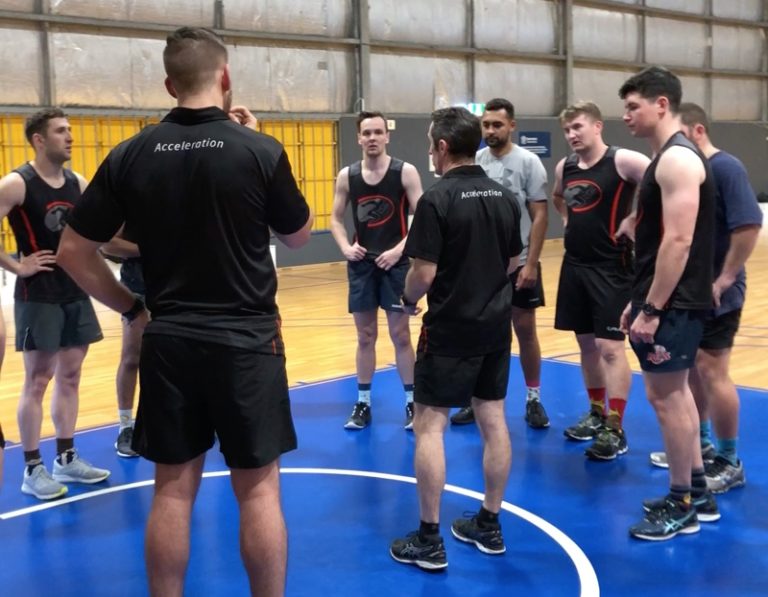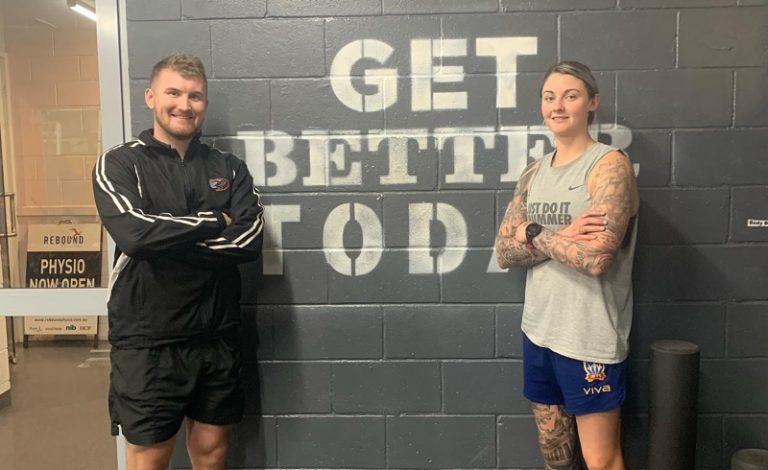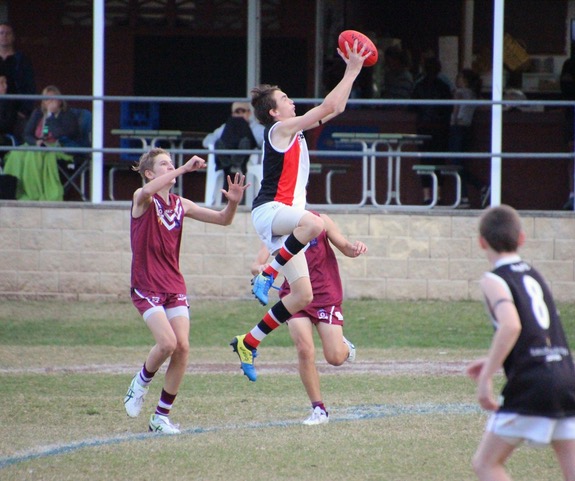How to become an Olympic Athlete
The Brisbane 2032 Olympic scouting has begun all over Queensland, organised by the QLD Government. They have been trailing athletes born from 1999 to 2009 to help support them over upcoming years to become professional athletes and possibly compete in the Olympics in their home state. No matter if you or your athlete got a chance to get into these trials or not, it’s a great motivation to get a handle on your own dreams of becoming a pro or representative.
Could you or your athlete be an Olympian or Paralympian in 2032?
Acceleration’s Managing Director and Sports Science Professional, Stewart Briggs gives advice to aspiring athletes.
If you or your child wants to compete at the 2032 Olympics then you need to look at the timing in terms of how old you or your athlete will be at that time.
Does that fit in with the optimal age for athletes in your chosen sport? This age can be dependent on how physically demanding the sport is or what the individual’s body and mental development would be like at the time of Olympic trials. The time frame of Olympic trailing can be about 12 months prior to the Olympics’ start date depending on your sport.
Secondly, you want to see what your sport is doing to prepare for such an event. Do they have a development plan in place? If so, do you fit within their plans? If not, then how do you find a way to fit into their plans?
It is also important to find out if your sport has facilities in your area to make sure you practice like the elite. Take for instance swimming. If you don’t live near an Olympic qualified sized swimming pool, how can you get to one to make sure you practice in the correct conditions?
Thirdly, what is your plan to make an Australian team in the coming years or at least into the 2-4 years prior to the Brisbane Olympics?
When planning in sport, you start with an end date and work backwards. Once you come up with a broad 10 year plan you then come up with more specific plans getting closer to the present day. Periodisation is the process of planning out the next 1-4 years with specific goals that need to be attained to progress closer to the overall goal of representing Australia at the Olympics. If you need help with that, contact our Acceleration coaches because those who have knowledge in your sport may be able to help.
Obviously, all of the stars need to align to make your dreams come true. But you know what they say: “Plan to succeed or plan to fail.”
So… how can an athlete become a professional to represent Australia?
What it takes to become a Pro.
To become a professional athlete in your chosen sport is not an easy task at all. It is not as hard as representing Australia at the Olympics but it is not far off honestly. It takes a tremendous amount of resilience and perseverance which not everyone has in them.
It can not be just a dream, it needs to be brought into reality through high-quality goal setting and long term mentoring to make it a reality. Obviously, it also takes some luck to go with your hard work, but it is funny that the harder you work the more luck seems to come your way.
Step 1: Model off other professional athletes who come from your sport, have the same body type as you or same playing position. Finding a professional athlete who had similar access to coaches, equipment and sports education (to name a few) as yourself can help you realistically plan your next steps.
Step 2: Copy some of the decisions that this athlete has made and learning from their mistakes can help you make it professionally without the same issues. Doing this research also provides you with the tools to understand how much work you need to put in to make a certain team etc. Did they do strength and power training? Did they work on their speed and agility?
Step 3: Dig your well before you get thirsty. Meaning – always network with people in and around your chosen sport. You will be surprised to know that some athletes sign contracts on their personality more than their abilities initially. If you believe yourself to be a good athlete and show it by putting in the work, others will recognise that and admire you for it.
Step 4: Always work on your balance between your chosen sporting profession and personal life. Try to network and work outside of your sport as much as possible so that you have a life outside of your sport. This will keep you mentally healthier while competing and it will also lay a foundation for AFTER you have finished competing. Being good at your sport can open doors for you in more ways than one.
For more information on how to train to become a faster and stronger athlete, don’t hesitate to contact us about our Individualised Training.
We’ve trained many successful Olympic athletes and professional representatives at Acceleration.
Some of these include Libby Trickett (2004, 2008, 2012 Olympic Swimming Champion), Brock Motum (2016 Olympian Basketball player), Toh Wei Soong (2020 Paralympic Swimming Athlete) and Chris Beath (2020 Olympic Football and FIFA World Cup Referee).
We hope to get to be a part of your training journey.
